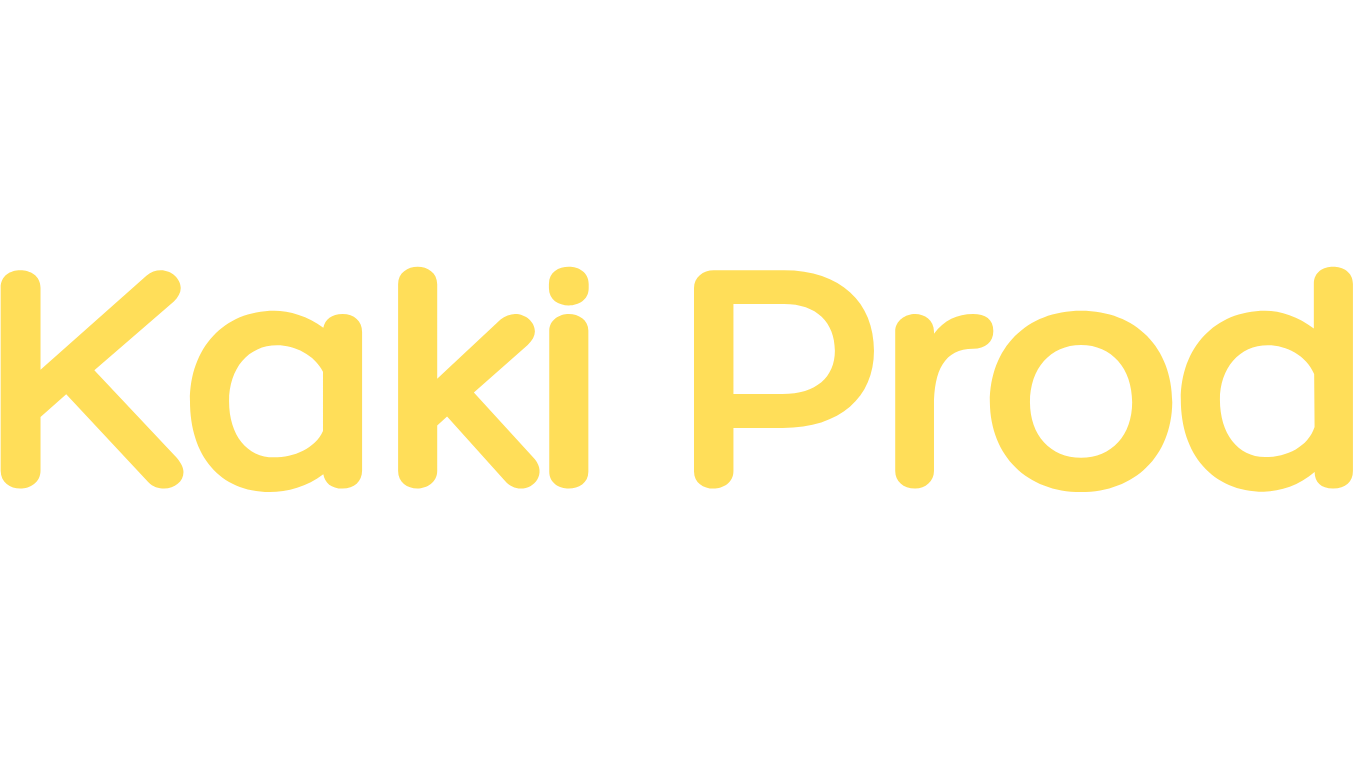So you’re trying to pick between France and Germany for a new home? Big decision! It’s like choosing between a croissant and a bratwurst — both fulfilling, but only one can satisfy that specific craving you have. Here’s the skinny: Both nations bring their own flair, pros, cons, and head-scratchers.
Over at Kaki Prod, we’ve gone deep — deep into the nitty-gritty of what makes each spot tick for immigrants. We’re talking immigration hoops, job vibes, and the oh-so-crucial quality of life. Basically, we’re serving you the main course of information you need to make a choice that isn’t just informed … but smart.
Immigration Maze: France vs Germany
French Immigration: Complexity and Culture
France’s immigration system-well, it’s a labyrinth. We’re talking over 5 years in the making, and still, you might get the boot even if you tick all the boxes. They want you to show that you’re all in-language chops, culture know-how, the French way-or no dice on that citizenship.
France does roll out the red carpet with some visa options, like the Talent Passport for whizzes and go-getters. This multi-year residence pass is their nod to boosting France’s charm offensive for global talent. But heads up-the paperwork circus and red tape bonanza can make you want to pull your hair out. Expats? Often waving the white flag at the in-person grillings and the mile-long document list.
German Immigration: Streamlined and Skill-Focused
Germany-they don’t do complex. What they do is laser in on luring in the talented crowd. They’ve got this neat little thing called the EU Blue Card-makes life easier for top-tier non-EU folks. You need to clock six months of work in a gig that actually matches your paper creds (yes, we’re talking degrees).
Fast track in Germany? Around three to six months for visas-usually quicker than waiting on French bureaucracy. Plus, permanent residency after just 21 months if you nail the language and integration bit, compared to France’s typical five-year grind.
Language Requirements: A Key Difference
Language rules-a game changer here. France? Yeah, you gotta have a basic grasp of French if you’re in it for the long haul, which can be a tall order for some folks. Germany? Knowing German is a plus, but tons of companies chat in English, easing the transition for those not in love with umlauts.
In France, if you’re not parlez-vous-ing, it can throw a wrench in the job hunt gears. German language demands are typically more chill, especially in tech and engineering fields (a win for English-speaking trailblazers).
Visa Types and Pathways
Both countries roll out a smorgasbord of visa types for different folks. France has student visas, work visas, and of course, the shining Talent Passport. Germany’s lineup features similar flavors, but they also toss in a job seeker visa, giving you six months to stroll in and job hunt.
And the yellow brick road to permanent residency? Germany shells out permanent residency for savvy pros in just 21 months; France, on the other hand, has you cooling your heels for a solid five years.
Now, as we shift gears from immigration rules to job markets, it’s crucial to mull over how these diverse takes on immigration ripple into job prospects for the fresh faces in each country.
France – Talent Passport:
France’s “Passeport Talent” is designed for highly skilled workers, researchers, and entrepreneurs. Key benefits include:
-
Renewable 4-year residence permit
-
Family reunification eligibility
-
No job market test in many cases
🔗 More info from the official French government site
Germany – EU Blue Card:
Germany offers the EU Blue Card, which is popular among professionals in IT, engineering, and healthcare:
-
Minimum gross salary: ~€43,800/year (lower for in-demand jobs)
-
Path to permanent residency in 33 months (21 months with B1 German)
-
Spouse can work without restrictions
Job Market Showdown: France vs Germany
France’s Economic Landscape
Alright, so France – it’s got this mixed bag of jobs: think aerospace, luxury brands, and yes, tourism. Paris? It’s the place to be if you’re into fashion or finance gigs. But hold on, there’s a snag – unemployment. As of Q4 2024, France’s unemployment rate slid to 7.3%, defying market doomsters who thought it’d hit 7.5%.
Enter the French Tech initiative; it’s like a shot of adrenalin for startups, especially in Paris, Lyon, and Marseille. IT pros, innovators, this is your moment to shine.
Germany’s Industrial Powerhouse
Now, over in Germany, it’s all about that industrial backbone – the automotive giants, cutting-edge engineering, and a tech scene that’s absolutely buzzing. Berlin, Munich, Hamburg? They’re the magnets pulling in startups and tech conglomerates alike.
And let’s talk unemployment – Germany’s workplace landscape is kinda robust. If you’ve got the skills, they’ve got the jobs.
Language Barriers in the Workplace
Ah, language, the eternal hurdle. In France, if your French isn’t sharp, forget about breezing through the job market. Sure, some gigs in multinationals require English, but they’re not exactly growing on trees.
Contrast that with Germany, where you get more leeway. Tons of companies, especially in tech and startups, operate in English. More doors creak open for international folks making their job-hunting debut.
Skills in Demand
So who’s hiring and for what? Here’s the checklist:
- France is on the hunt for healthcare pros and IT aficionados. ICT is practically screaming for attention.
- Germany? Engineers, IT geeks, and trades specialists are the hot ticket items.
Job Search Strategies
Networking – it’s not just a buzzword. In both nations, connections are gold. Professional groups, industry powwows, LinkedIn, you name it – they’re your ticket to job heaven.
In France, who you know can trump what you know. Making friends in the right circles is your career game-changer.
Germany’s a different story: qualifications and hands-on experience are king. They’ve got a nifty system for acknowledging foreign credentials, which is a boon for skilled expats.
Work Culture Differences
France champions the whole work-life balance thing – 35-hour workweeks and vacation galore. It’s a magnet for those wanting to dial down the work intensity.
Germany, meanwhile, has its own balanced vibe, but with a twist – structure. Punctuality and getting stuff done efficiently are practically cultural tenets there.
As we segue into living costs and life quality post-job market dive, it’s crucial to see how these job dynamics impact your wallet and lifestyle in either country. (Stick around for the deep dive on this next, giving you the A to Z on life as a newcomer in France or Germany.)
Living Costs and Life Quality: France or Germany?
Housing: A Tale of Two Markets
Alright, folks, let’s break this down. France vs. Germany-two heavyweights in the housing market ring. Paris? It practically laughs in your face with those sky-high rents-think €1,300 for a one-bedroom smack in the city center. On the other hand, check out Lyon or Marseille, where you could snag similar digs for €700 to €900. It’s as if they’re having their own “affordable” housing contest.
Now, hop over to Germany. Berlin-once the darling of the budget-conscious-has started to catch the pricy bug. But hey, €1,000 for a central one-bedroom is still more palatable than Paris. Then there’s Munich, Germany’s crowned king of expensive cities, demanding about €1,200 for similar apartments.
(Pro tip: Rent control-it’s a thing, and it’s complicated. Get cozy with Germany’s Mietspiegel (rent index) if you want to play smart in the fair price game.)
Healthcare: Universal Coverage with Distinctions
France, oh la la! A healthcare system that’s top-notch and rolls out the welcome mat to all legal residents. Stick around for three months, and state health insurance is yours for the taking. With minimal co-pays, many folks throw in some private insurance for the extra frills.
Germany, not to be outdone, throws you right into the health insurance pool from day one. The public system has about 90% of the population under its wing, with premiums tied to your paycheck. For those raking it in? Yeah, they’ve got the private insurance card to play.
Both of these systems hum along nicely, but Germany’s got a bragging point: Only about 21% wait a month for specialist appointments. France? Dermatologist waits can feel like an eternity, while Germany wraps it up in just weeks.

Education: Diverse Options for Families
When it comes to education, expat families have choices galore. France’s public schools? Free and good, but a bit on the rigid side. Paris’s international schools, though, might make you clutch your pearls at up to €30,000 a year.
Germany takes a more mix-and-match approach, tailoring tracks to each kid’s strengths. Public education is free, with bilingual programs in full swing. International schools in places like Frankfurt or Hamburg? Expect to shell out between €15,000 and €25,000 annually.
(And here’s a golden nugget for Germany: University education at public institutions for Master’s programs costs just 300 – 3,500 EUR/year. In France, you’re looking at tuition-but far from the U.S. or UK horror stories.)
Cultural Integration: Finding Your Place
Now, let’s talk culture shock. Cracking the French social scene? Not for the faint of heart, thanks to that pesky language barrier. But cities like Paris and Lyon? Expats find a vibrant community waiting.
Germany’s no slouch in the welcome department, especially in Berlin where English is your trusty wingman. But let’s be real-mastering German is your golden ticket to feeling truly settled.
Both nations offer integration courses-Germany might even insist and pick up some of the tab. France, meanwhile, lays the language and civic education on thick. So, pack your bags, do your homework, and dive in.
Final Thoughts

France vs. Germany: It’s the eternal showdown of wine vs. sausages, right? Seriously, both countries throw some unique pitches for immigrants-each with its own flair. France comes out swinging with its crème de la crème culture and healthcare that’s just chef’s kiss. But hey, the immigrant ordeal…c’est compliqué! Throw in language barriers and it’s a Rubik’s Cube wrapped in a puzzle.
Then you have Germany-efficient, booming, and as straightforward as their schnitzel. They’ve got a strong economy and a tech scene that’s a hub for innovation. It’s a smoother ride for immigrants there, but, oh boy, get ready for a culture that’s as structured as their engineering. Flexibility…not so much.
So, it’s decision time. What’s it gonna be? Career aims, familiarity with the lingo, and your lifestyle choices are your compass. If you’re a techie who loves the English language dance, Germany’s your stage. But if you’re an artsy soul or someone bitten by the French bug, France might just be calling your name.
Here at Kaki Prod, we’ve got just the treasure map for your immigration escapade (and it’s all right there at KakiProd).
Whichever flag you choose to salute, rest assured both paths open doors to immense personal and professional leaps. Decked with a solid game plan, your European escapade could unfold into an epic chapter-France or Germany, either way, it’s bound to be unique and enriching.
FAQs
Is it easier to immigrate to France or Germany without a job offer?
➡️ France’s Talent Passport allows entry without a firm job if you meet business/investment criteria. Germany typically requires a job offer for the Blue Card.
Which country is better for tech professionals?
➡️ Germany, due to high demand and strong tech startup ecosystem.
Can I bring my family?
➡️ Yes, both countries support family reunification under most skilled worker visas.

